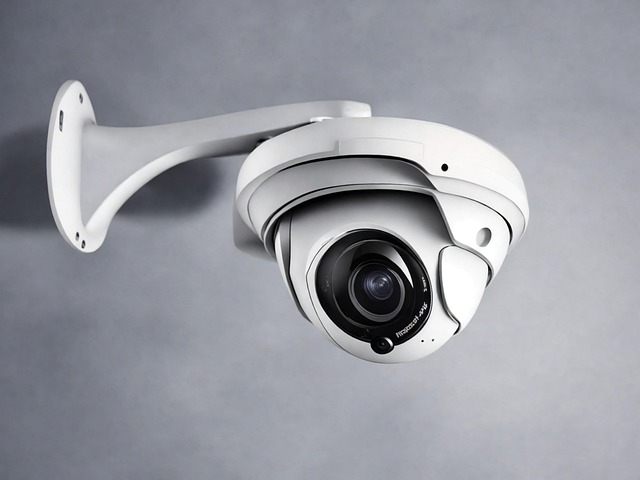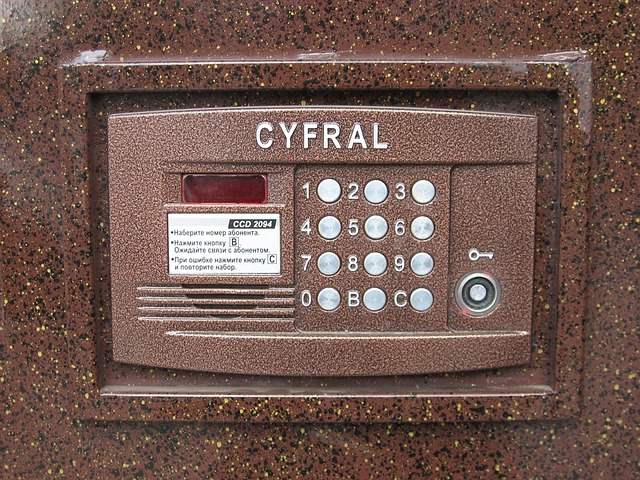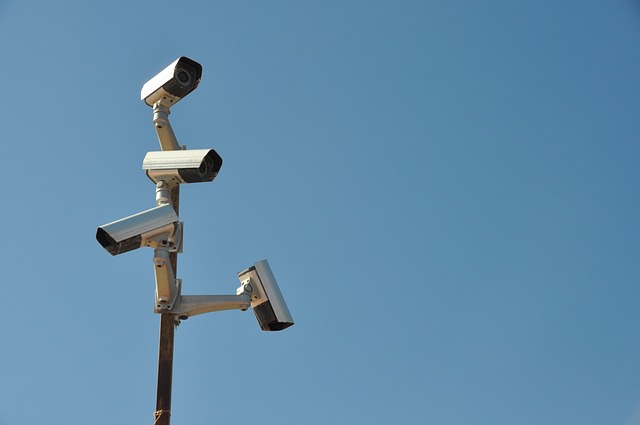Revolutionize Facility Security with Advanced Access Management Solutions

Modern access management solutions leverage biometric data, smart devices, and AI for precise author…….
Introduction
Access control systems are a critical component of modern security infrastructure, designed to regulate access to physical and virtual spaces. These systems ensure that only authorized individuals can enter certain areas, safeguarding sensitive information, assets, and resources. In this article, we will explore the multifaceted nature of access control systems, from their historical development to their future prospects. Readers will gain a comprehensive understanding of how these systems function, their significance in various sectors, and the trends shaping their evolution.
Understanding Access-Control Systems
Access control systems are mechanisms that restrict access to a space or system based on specific criteria. These criteria can include identity verification (via credentials), authorization (permission levels), and authentication (verifying user identity). The core components of an access control system typically include physical access points, electronic devices for controlling access, user credentials, and software for managing access rights and logging access events.
Historically, mechanical keys were the primary form of access control. Over time, technological advancements have led to more sophisticated systems, such as biometric scanners, card readers, and RFID tags. These innovations have enhanced security and efficiency, making modern access control systems a cornerstone in both physical and digital security landscapes.
Global Impact and Trends
The global impact of access control systems is profound, with their influence expanding across various industries, including healthcare, finance, government, and retail. Key trends shaping the trajectory of access control systems include:
Different regions are affected by these trends in unique ways, with North America leading in technological advancements, Asia Pacific rapidly growing due to urbanization, and Europe focusing on compliance with stringent data protection laws.
Economic Considerations
The economic aspects of access control systems are significant. Market dynamics are driven by the demand for enhanced security solutions and the integration of IoT and AI technologies. Investment patterns reflect a shift towards smart building technologies, where access control is a key component. These systems contribute to economic systems by:
The economic impact is also seen in the job market, where there is a growing need for professionals skilled in access control systems’ installation, maintenance, and cybersecurity.
Technological Advancements
Technological advancements have transformed access control systems from simple key-based mechanisms into sophisticated security solutions. Significant technological impacts include:
Future potential includes the integration of quantum computing, which will further enhance encryption and data security.
Policy and Regulation
The governance of access control systems is influenced by a mix of policies, regulations, and legislative frameworks. These include:
These regulations drive the development and implementation of access control systems, ensuring compliance and fostering trust in technology solutions.
Challenges and Criticisms
Access control systems face several challenges and criticisms, including:
To overcome these issues, actionable solutions include:
Case Studies
Several case studies exemplify successful applications of access control systems:
Conclusion
Access control systems have become an integral part of both physical and digital security landscapes. Their evolution from simple locks to sophisticated, AI-driven solutions reflects the changing needs of society and industry. As technology continues to advance, these systems will play a critical role in safeguarding assets, ensuring privacy, and driving economic growth. With the right policies, regulations, and technological innovations, access control systems will remain at the forefront of security for years to come.

Modern access management solutions leverage biometric data, smart devices, and AI for precise author…….

Smart cards and keyless entry systems revolutionize commercial access control with enhanced security…….

Cloud-based access control streamlines digital resource management in remote work settings by centra…….

Electronic access control systems face varying global legal requirements, demanding businesses navig…….

AI integration in secure access control systems enhances security with real-time threat detection, l…….

Access logs and audit trails are crucial for organizations to enforce secure access control, identif…….

Modern access management solutions leverage biometric tech, mobile access, cloud management, smart c…….

Biometric authentication enhances security with unique physical traits like fingerprints and facial…….

Customizable business access control solutions are crucial for securing sensitive data in today'…….

Crowd control in public spaces demands strategic security access control measures. Turnstiles and ba…….